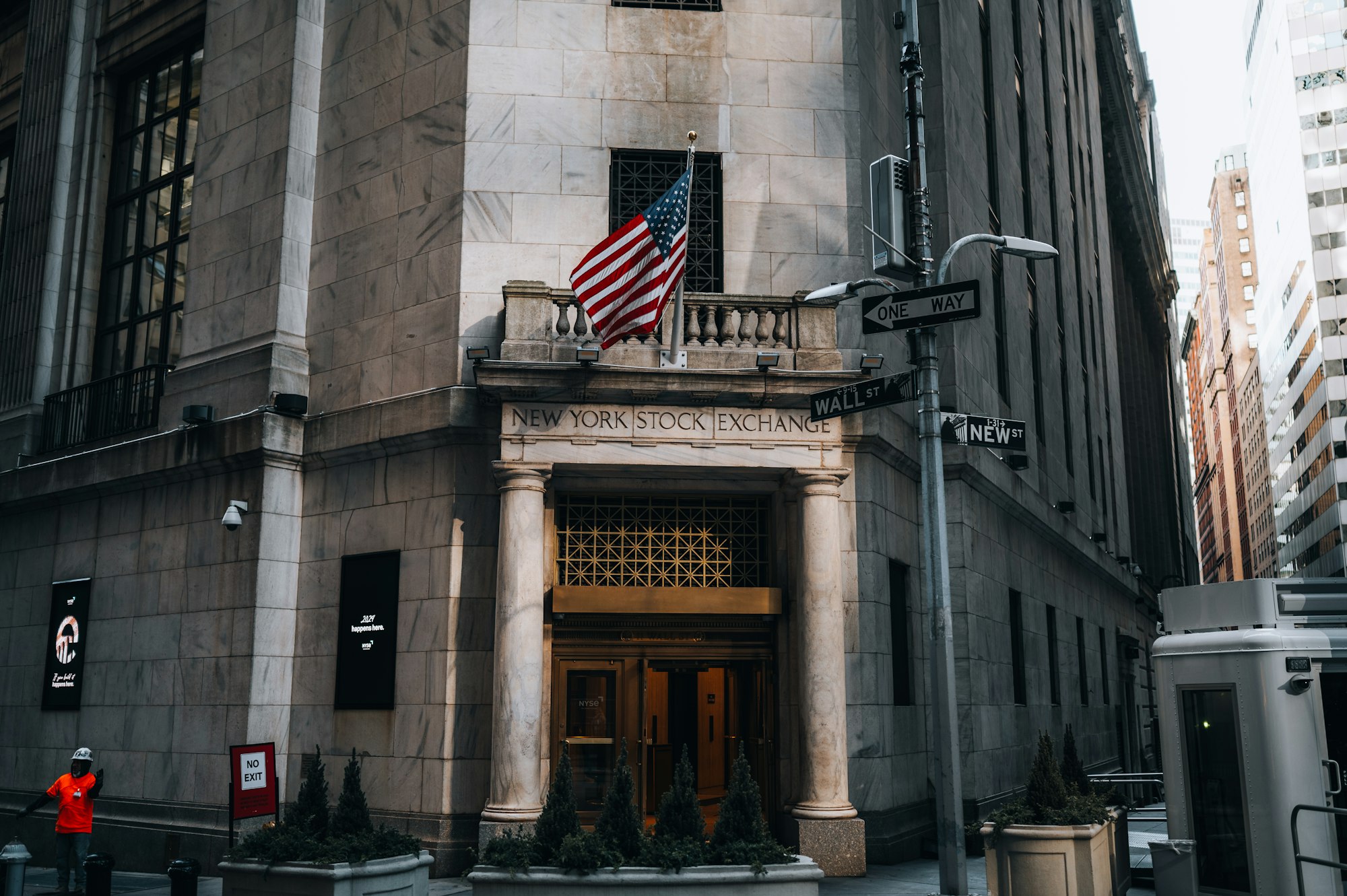Bolivia's Crypto Revolution: A New Model for Crisis Economics



When traditional finance fails, innovation often emerges from the margins. Bolivia has become an unexpected testing ground for one of the most ambitious economic experiments of our time: can cryptocurrency serve as a functional replacement for a failing national currency?
The South American nation's current predicament reads like a textbook case of economic collapse. With inflation hitting 25% - levels unseen for over three decades - the boliviano has essentially become economic quicksand for anyone trying to preserve wealth. According to recent Bloomberg reporting , this crisis has driven digital payments to surge fivefold to nearly $300 million in just the first half of 2025.
But Bolivia's story transcends typical hyperinflation narratives. What makes this case study particularly compelling is how organically cryptocurrency adoption has emerged from the ground up, without the heavy-handed government promotion seen in places like El Salvador.
Beyond Speculation: Crypto as Economic Infrastructure
The conventional wisdom about cryptocurrency positions it primarily as a speculative asset - digital gold for traders and tech enthusiasts. Bolivia is proving this framework inadequate. Here, crypto isn't about getting rich quick but about economic survival.
When Bloomberg reporters found black market dollars trading at 14 bolivianos (double the official rate), the same price as 1 USDT, the choice becomes obvious. Citizens are choosing between financial preservation and financial destruction.
This pragmatic adoption has created what economists might call "crisis-driven network effects." As Bloomberg documented, signs of crypto acceptance now appear everywhere from airport vendors pricing goods in USDT to universities paying international faculty in Bitcoin. The state oil company even temporarily used stablecoins for foreign payments before policy changes intervened.
The broader question becomes whether cryptocurrency can provide genuine financial stability or merely creates new forms of risk for vulnerable populations. When people adopt crypto not from conviction but from desperation, the usual risk calculations change dramatically.
Infrastructure of Financial Rebellion
What's particularly striking is how quickly payment infrastructure has adapted to meet demand. Carlos Neira's crypto wallet platform Meru saw a staggering 6,600% increase in Bolivian users after the crypto ban lifted, according to Bloomberg's reporting.
The El Salvador connection adds another layer to this story. An early adopter of Bitcoin as legal money, the country has steadily increased its cryptocurrency holdings through regular acquisitions. El Salvador has persisted in passing cryptocurrency-friendly legislation despite pushback from groups like the International Monetary Fund. Cryptocurrency businesses like Tether have been focused on the Central American nation due to recent developments.
The recent memorandum of understanding between El Salvador's National Commission of Digital Assets and Bolivia's Central Bank represents something unprecedented: nation-to-nation knowledge transfer on cryptocurrency regulation. This suggests Bolivia is actively building institutional frameworks to support crypto adoption.
Important areas such as blockchain intelligence, regulatory frameworks, and risk management solutions can be addressed through this partnership between the two countries.
Bolivia intends to implement and oversee regulations related to crypto by leveraging the framework established by El Salvador. The agreement, as stated by officials, is part of a broader strategy designed to establish secure and well-regulated crypto environments that can attract global capital and drive financial innovation.
Bolivian officials highlighted the growing significance of digital assets in global transactions and acknowledged that El Salvador's proactive adoption of crypto has notably influenced their policy direction.
Unlike El Salvador's top-down Bitcoin evangelism, Bolivia's approach appears more measured and diverse. Rather than betting everything on Bitcoin as legal tender, Bolivian users are pragmatically choosing tools based on utility - stablecoins for stability, Bitcoin for international transfers, various platforms based on fees and functionality.
A Preview of Post-Dollar Economics?
Virtual asset transactions hit $294 million in the first half of 2025, according to the Central Bank of Bolivia, which revealed the figure on June 27, Reuters reported . That is a substantial increase of 630% from $46.5 million in the same period in 2024, according to the central bank.
Crisis economies are fast adopting cryptos as the main payment instruments, as fiat currencies and the availability of dollars from Trump's tariffs are also taking a hit.
Declaring cryptocurrency a "trustworthy alternative to traditional currency" is a bold move by Bolivia. Inflation, capital restrictions, and unstable currencies are just a few of the major problems that many countries face when using traditional financial systems; this shows how cryptocurrencies might solve these problems. Digital currencies provide a better way to conduct commerce, free from the currency devaluation caused by extravagant governments and the excessive printing of money by central banks.
Many people see Bolivia as a major experiment for a belief shared by many enthusiasts: that digital currencies are more than just for speculative purposes.
Bolivia's experiment may offer insights beyond Latin American economics. As Bloomberg noted, even the US dollar has declined 8% this year amid trade policy uncertainty. If the world's reserve currency faces its own pressures, Bolivia's crisis-driven crypto adoption could preview broader global trends.
The country's upcoming presidential election on August 17 will test whether this crypto integration can survive political transitions. But given how deeply economic necessity has driven adoption, the momentum may have become politically irreversible.
Bolivia is writing new rules for how economies might function when traditional monetary systems fail. The key insight isn't that cryptocurrency is perfect - it's that when national currencies become unreliable, populations will rapidly adopt functional alternatives regardless of regulatory preferences.
This has profound implications for monetary policy globally. Central banks worldwide may need to consider not just how to manage their currencies, but how to compete with decentralized alternatives that citizens can adopt independently.
Bolivia's experience suggests we're entering an era where monetary sovereignty isn't just about what governments decree, but about what populations actually choose to use. In a country where necessity has driven innovation, the future of money is being written in real time.
Elsewhere
Blockcast
Licensed to Shill V: GENIUS & CLARITY Act - Policy, Governance and Much Needed Clarity
In this episode of Licensed to Shill, host Takatoshi Shibayama is joined by Lisa Tan and Nikhil Joshi as they delve into the implications of the recently passed GENIUS and CLARITY Acts against an evolving landscape of blockchain-based governance, privacy-preserving technologies and stablecoins.
Access the episode from your preferred podcast platform here .
Blockcast is hosted by Head of APAC at Ledger, Takatoshi Shibayama . Previous episodes of Blockcast can be found here , with guests like Kapil Duman (Quranium), Eric van Miltenburg (Ripple), Jeremy Tan (Singapore parliament candidate), Hassan Ahmed (Coinbase), Sota Watanabe (Startale), Nic Young (Oh), Jacob Phillips (Lombard), Chris Yu (SignalPlus), Kathy Zhu (Mezo), Samar Sen (Talos), Jason Choi (Tangent), , Mark Rydon (Aethir), Luca Prosperi (M^0), Charles Hoskinson (Cardano), and Yat Siu (Animoca Brands) on our recent shows.

Blockhead is a media partner of Coinfest Asia 2025. Get 20% off tickets using the code M20BLOCKHEAD at https://coinfest.asia/tickets .

Post-CPI Momentum Carries Crypto Higher, But Leverage Risks Build
Your daily access to the backroom...

Crypto Exchange Bullish Increases IPO Size Ahead of Wednesday Trading Debut
Former NYSE president Tom Farley's company targets $4.8 billion valuation as investor demand surges...

Terraform Labs Co-Founder Admits to $40 Billion Fraud in Federal Court
South Korean entrepreneur faces up to 25 years in prison for misleading investors about TerraUSD sta...

